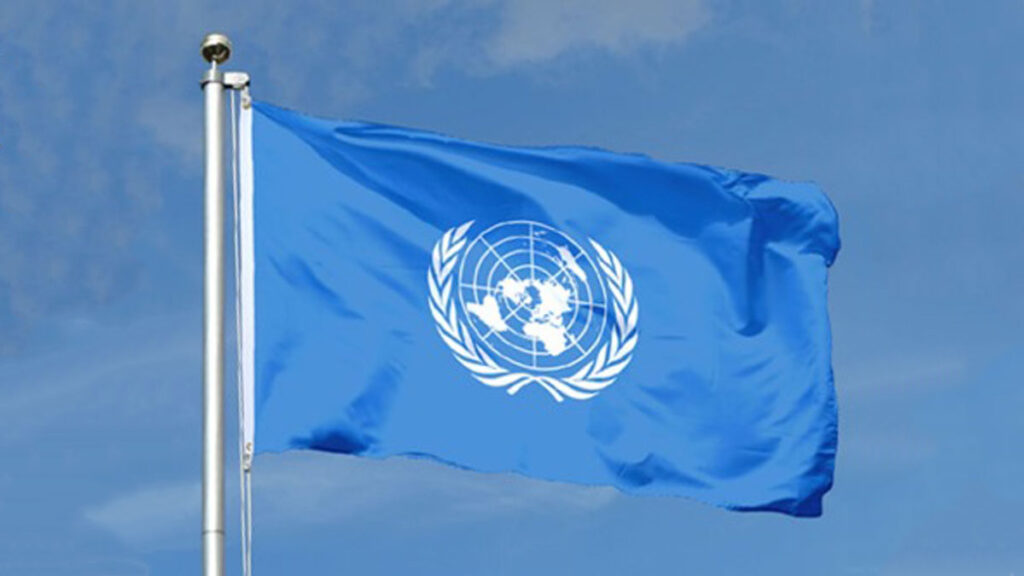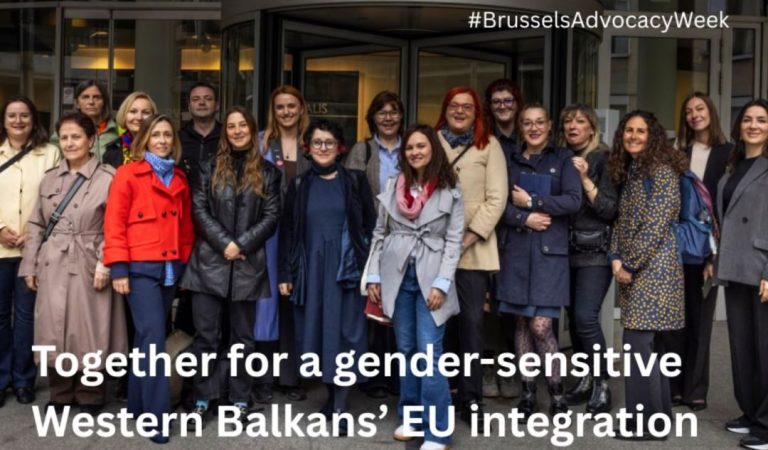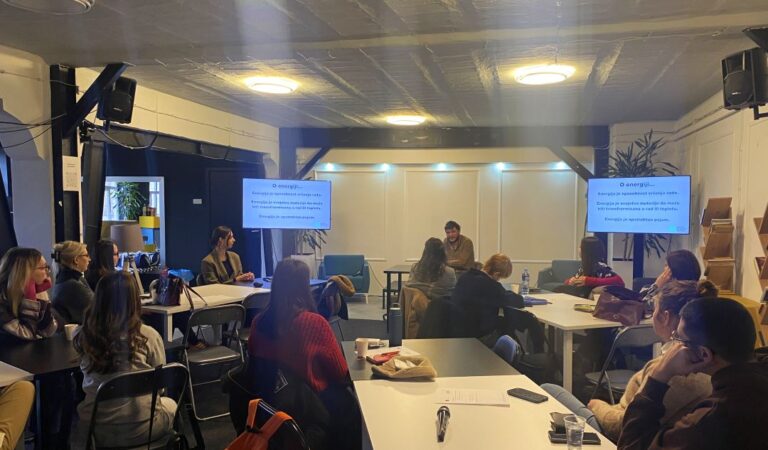Last week, the UN Committee on Economic, Social and Cultural Rights discussed the level of threat to these rights in Serbia, as a group of NGOs and trade unions had the opportunity to present their reports and analyzes to representatives of this body.
This is the usual procedure for informing the UN Committee on the state of economic and social rights in the country before it begins formal discussions with the country on how it implements the obligations under the Covenant on Economic, Social and Cultural Rights, the most important international document that guarantees the preservation of these rights to citizens.
Just last week, when representatives of the UN Committee in Geneva listened about social and economic rights that are the most at risk in Serbia, the government revealed to the public that in the last five years it had allocated as much as 40 million euros to Partizan and Red Star football and basketball clubs.
„Since dealing with social and economic rights, we know how much the state has allocated in this filed; the sum of 40 million euros given away to profitable sports clubs, which make money, sounds unreal; it seems like we are not living on the same planet let alone in the same state that should take care of all of us equally, ”says Danilo Ćurčić, program coordinator of the A 11 – Initiative for Economic and Social Rights, who attended this meeting.
For the sake of comparison, Ćurčić explains, the amount that the state gave to these sports clubs (excluding loans, tax debt restructuring, etc.) is higher than the total amount the state spends annually for foster families taking care of children without parental care.
„This amount of money could solve housing problems of some 1,800 families with no roof over their heads. That amount is equal to one fifth of Belgrade kindergarten subsidy program” he adds.
In the coming days, the UN Committee will send a list of questions regarding the economic and social rights of citizens, to be answered by our country before the official discussions of this UN body and the Government of Serbia expected in early 2021.
Last week, the UN Committee on Economic, Social and Cultural Rights received reports from two coalitions of non-governmental organizations and trade unions on examples of violations of these rights in Serbian over the past five years. The representatives of this Committee were informed about:
- Unlawful reduction of pensions without issuing individual decisions, which prevents pensioners from seeking protection in court for violations of their rights;
- Inaction of the Constitutional Court and the failure of this body to declare the Law on Provisional Regulation of the Method of Payment of Pensions unconstitutional;
- Reduction of social benefits and introduction of new criteria for financial social assistance so that many families who are realistically disadvantaged cannot meet the new criteria;
- Introduction of the forced unpaid work for social assistance beneficiaries;
- Non-transparent and non-functional budge approval process in the parliament;
- Preferential treatment for members of the military and police force; the state is currently building inexpensive flats, despite the fact that there are priorities in assisting displaced persons, refugees, homeless people, Roma and all who are unable to solve the housing problem on their own.
„Informing the UN Committee on the state of economic and social rights in Serbia represents for us a great opportunity to call attention of international bodies to all violations of economic and social rights in Serbia. Protection of these rights is insufficient in Serbia, which is why we want the state to sign the Optional Protocol to the International Covenant on Economic, Social and Cultural Rights, which will guarantee citizens the opportunity to protect their rights before the UN Committee on Economic, Social and Cultural Rights when they are not able to do it before the local authorities, “adds Danilo Ćurčić.



